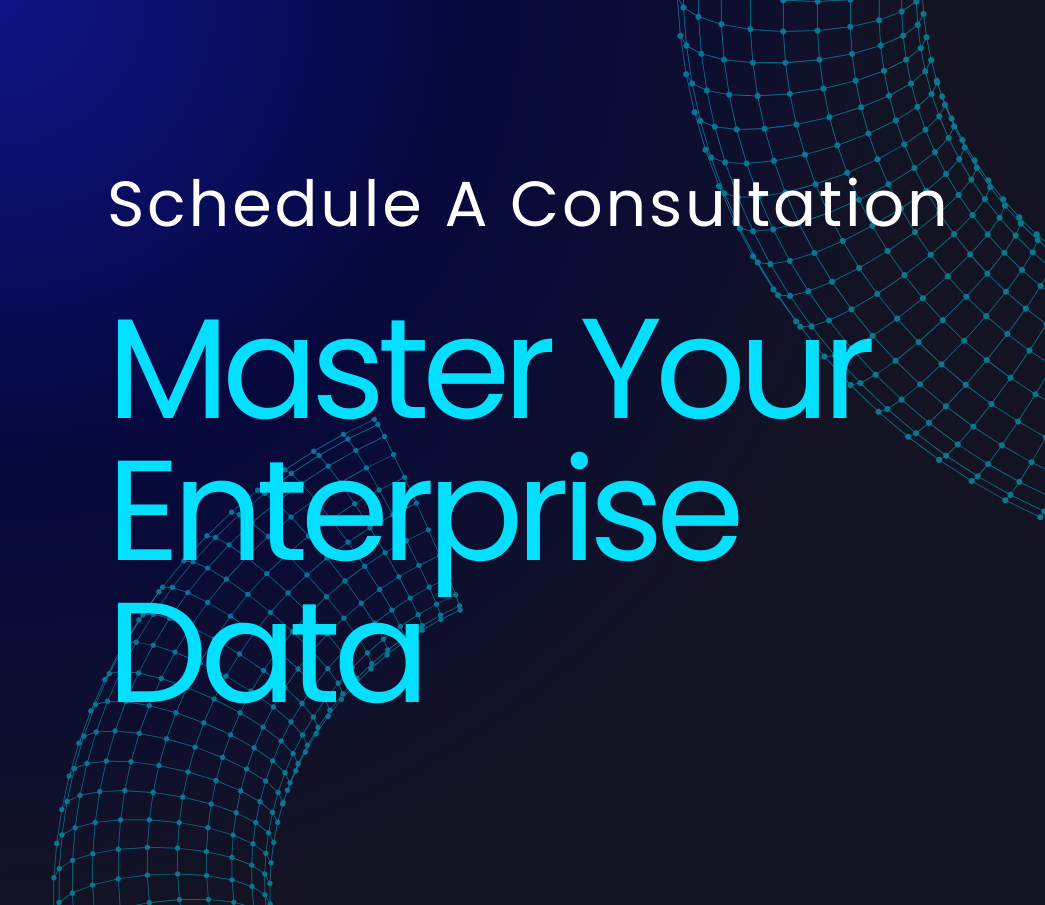In the realm of enterprise operations, a silent revolution is underway. AI-powered global monitoring systems are transforming how businesses operate, predict, and respond to challenges across their vast networks. This isn’t just an upgrade; it’s a paradigm shift that’s redefining the very nature of operational efficiency.
Imagine a nervous system that spans continents, one that can feel the slightest tremor in operations and respond before the impact is felt. That’s the promise of AI-powered global monitoring. According to a recent study by the International Data Corporation (IDC), organizations implementing these solutions have seen a 35% reduction in downtime and a 40% increase in operational efficiency. These aren’t just numbers; they represent a fundamental shift in how enterprises compete in a global marketplace.
However, efficiency isn’t just about doing things faster. It’s about doing things smarter. AI-powered monitoring systems are enabling enterprises to optimize resource allocation, predict maintenance needs, and even automate complex decision-making processes. They’re turning the flood of data into a strategic asset, allowing businesses to see both the forest and the trees simultaneously.
As we dive deeper into this transformative technology, we’ll explore its architecture, advantages, and the challenges it presents. We’ll examine how it’s reshaping the human element in enterprise operations and peer into the future of AI-powered global monitoring. The journey ahead is challenging, but the potential rewards—in terms of efficiency, innovation, and competitive advantage—are immense.
Overview
- AI-powered global monitoring is revolutionizing enterprise operations, offering predictive and proactive capabilities that significantly enhance efficiency and reduce downtime.
- The architecture of these systems consists of three main layers: data collection, processing and analysis, and action and automation, creating a unified data fabric across the organization.
- AI systems are turning data into actionable insights, enabling autonomous operations that can predict and prevent issues before they occur, optimizing everything from maintenance schedules to supply chains.
- Rather than replacing humans, AI is augmenting and empowering them, shifting roles from reactive troubleshooters to proactive strategists and creating new positions in data science and AI ethics.
- While powerful, AI-powered monitoring systems face challenges including data quality issues, scalability concerns, and ethical considerations, particularly around privacy and transparency.
- The future of AI in enterprise operations points towards fully autonomous systems, deeper integration with emerging technologies like 5G and IoT, and more advanced predictive capabilities that could extend to market prediction and strategic planning.


















